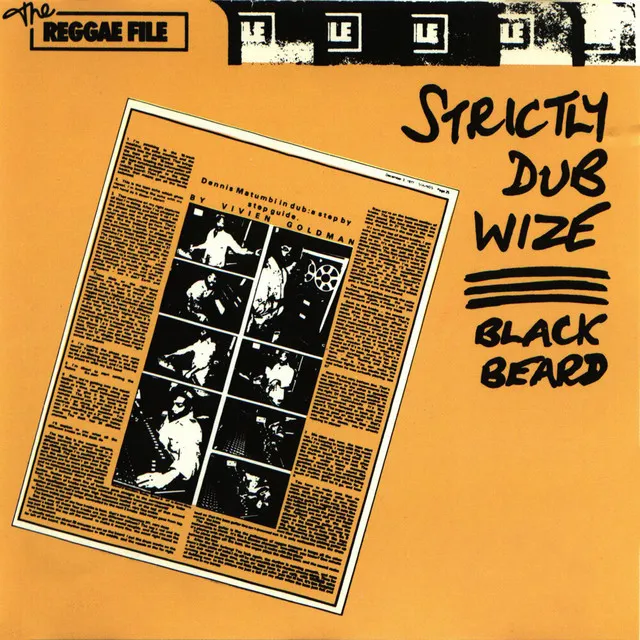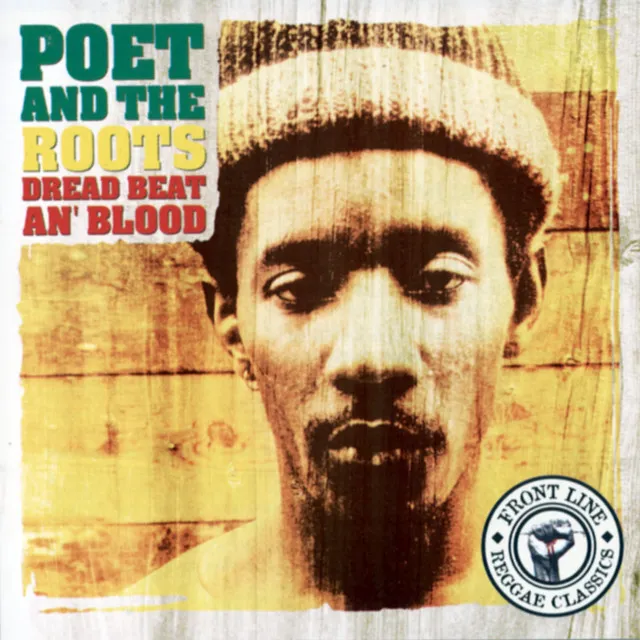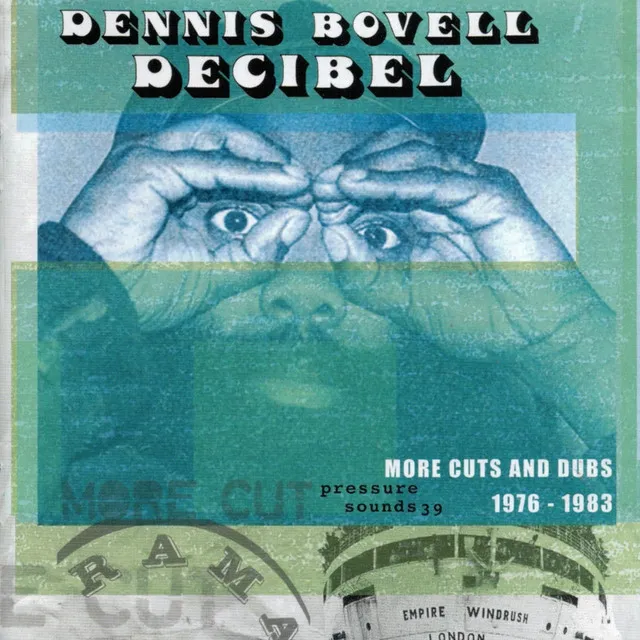Dennis Bovell became a key figure of London's reggae scene in the late '70s and early '80s, working as both a solo artist, musician, and producer for a wide range of artists. Bovell's résumé is one of the most wide-ranging of his peers, including work as guitarist for the reggae band Matumbi, solo dub excursions of his own under his Blackbeard pseudonym, collaborations with dub poet Linton Kwesi Johnson, production for post-punk acts like the Pop Group and the Slits, and work as a songwriter for other artists and a composer for film and television scores. Bovell continued putting out new material and producing records for others as the decades went on. Along with releasing new material like 2015's Dub 4 Daze, multiple collections of Bovell's work surfaced over time, including standouts like 2003's Pressure Sounds collection Decibel and the 2022 anthology The DuBMASTER.
Bovell was born in Barbados in 1953, and moved to London in 1965. He immersed himself in the reggae scene there, setting up his own sound system and working as a recording engineer and producer. His production work help shaped the sound of Lover's Rock happening in London at the end of the '60s and into the '70s, and he produced and wrote songs for multiple artists. In 1971, Bovell co-founded Matumbi, a seven-piece reggae band that would play and record throughout the decade. In 1980 he wrote the score for Babylon, a dramatic film about police corruption and racism in London, informed in part by Bovell's own experience being falsely imprisoned for running his sound system. During this time Bovell also began releasing solo work under the name Blackbeard, often collaborating with jazz-pop keyboardist Nick Straker and producer Tony Mansfield (Captain Sensible, New Musik), both old school chums. Blackbeard records like 1978's Strictly Dub Wize and 1980's I Wah Dub intersected with production work Bovell was doing with dub-appreciative post punk acts like the Pop Group and the Slits. His production work also included the disco fusion of Janet Kay's 1979 hit "Silly Games," as well as work for Bananarama, the Thompson Twins, Orange Juice, Fela Kuti, and others. He reverted to his real name for 1981 solo album Brain Damage, which began to move away from dub towards rock, R&B, boogie-woogie, etc. Bovell spent the early '80s working with artists like Linton Kwesi Johnson and Alpha Blondy; he returned with a mostly straight reggae album in 1986, Audio Active, recorded with a group tagged the Dub Band.
Bovell's work continued through the '90s and 2000s with production credits and solo outings like 1993's Dub Dem Silly and 2006's All Over the World, as well as working on music for film and television. As new dub and reggae fans began exploring Bovell's 70's and '80s output, several compilations were put together, one of the most popular being 2003's dub-focused Decibel: More Cuts and Dubs 1976-1983. Bovell released new work like 2012's Mek It Run, a collection of new mixes of unfinished work from as far back as the late '70s that he returned to while recovering from neck surgery. He also released new music in the form of projects like 2019 album Akoustik and a 2021 collaboration with Dubblestandart, and in 2022 Trojan released The DuBMASTER: The Essential Anthology. The DuBMASTER was an extensive collection that represented the full scope of Bovell's artistry, highlighting his Lover's Rock, dub, and roots reggae styles by drawing on some of his best-known hits and unreleased material alike, and including material that spanned the '70s up until the early 2020s. ~ Steve Huey & Fred Thomas, Rovi



